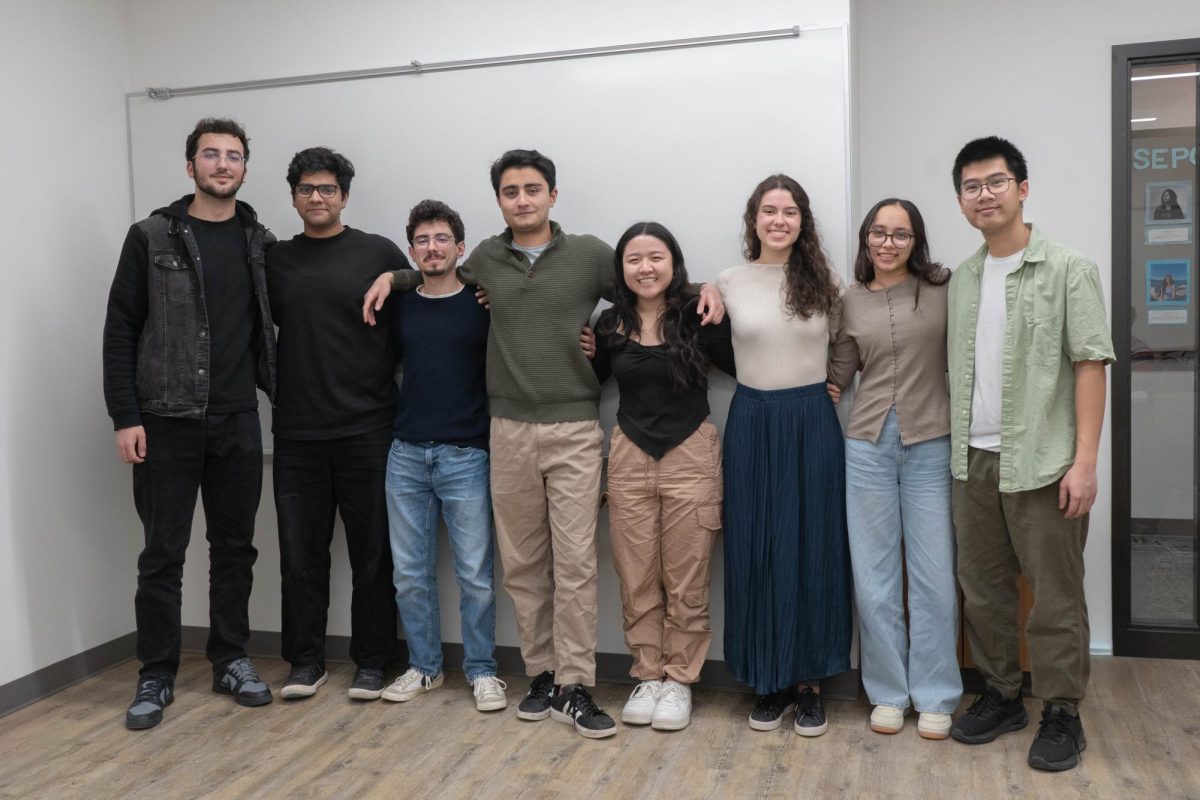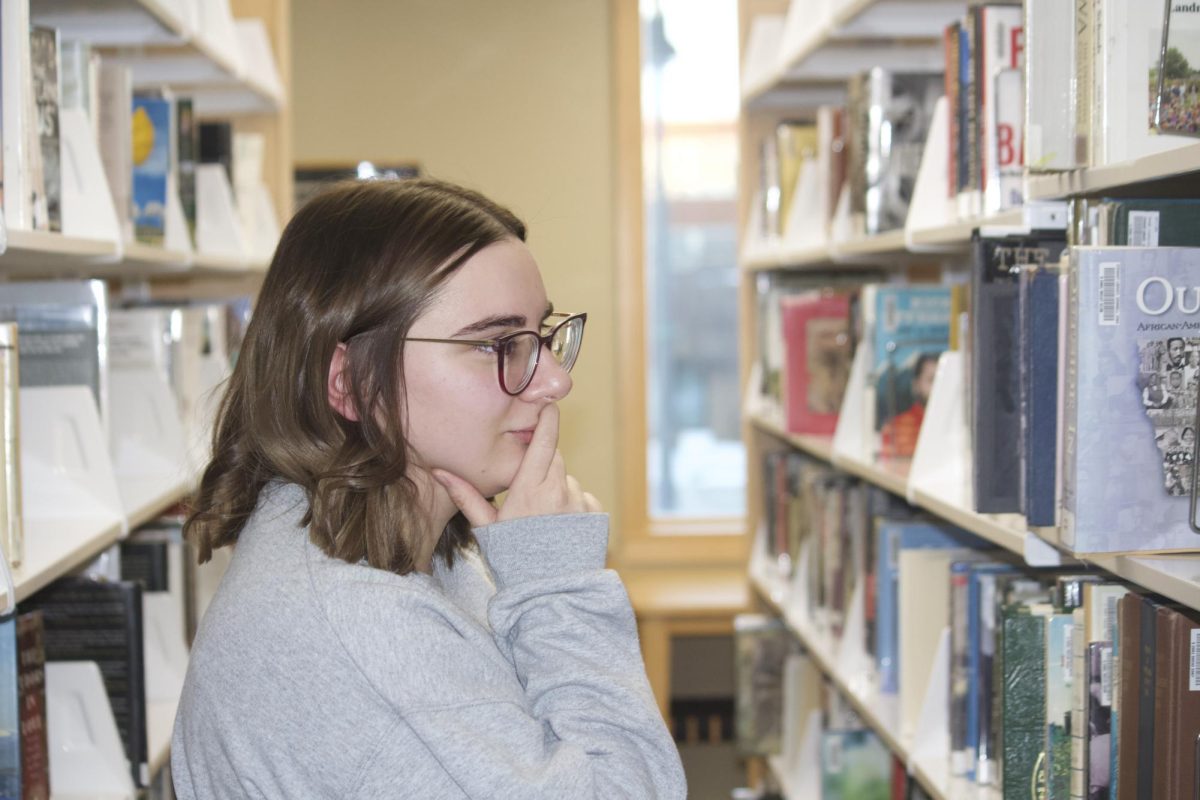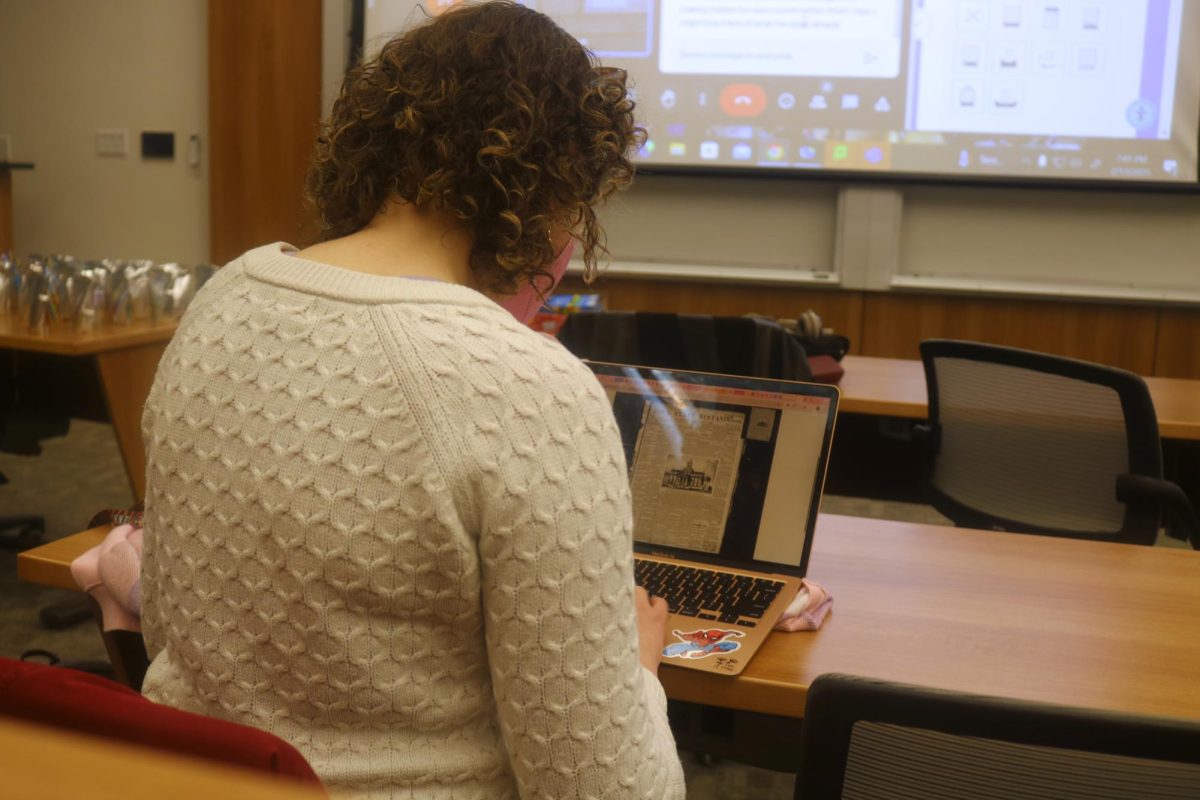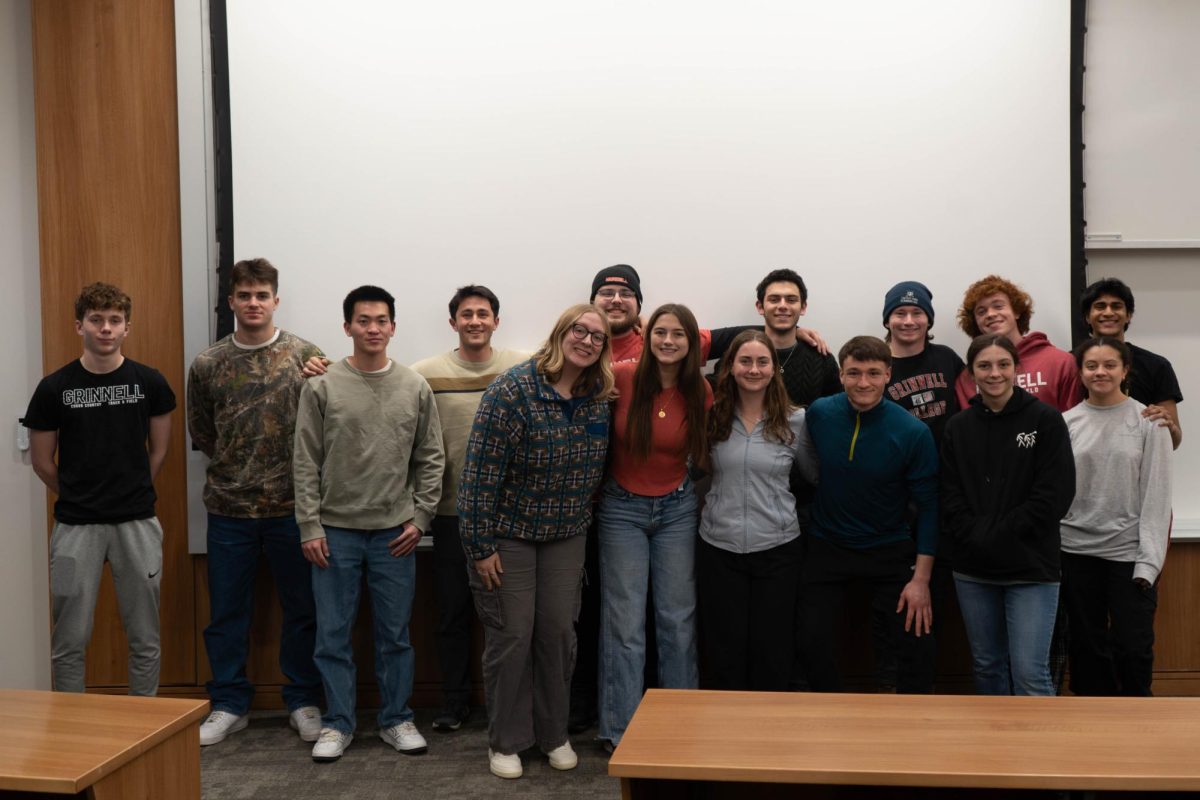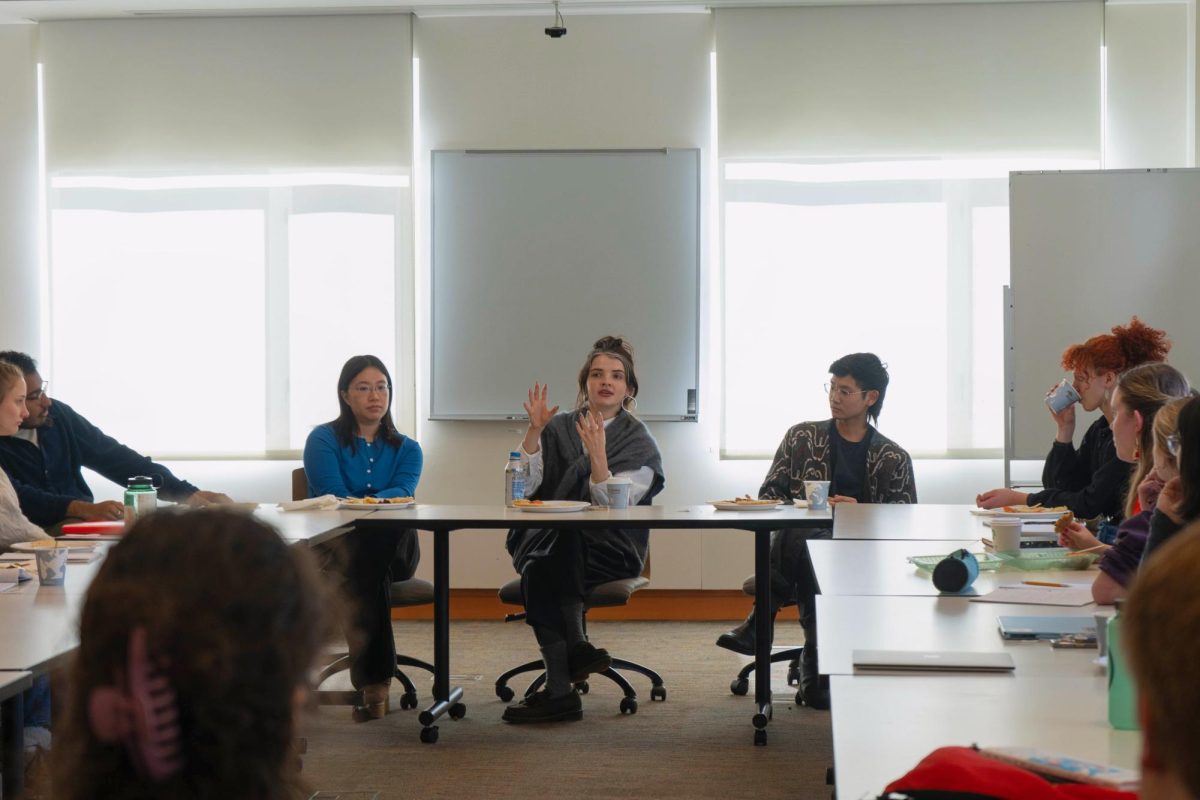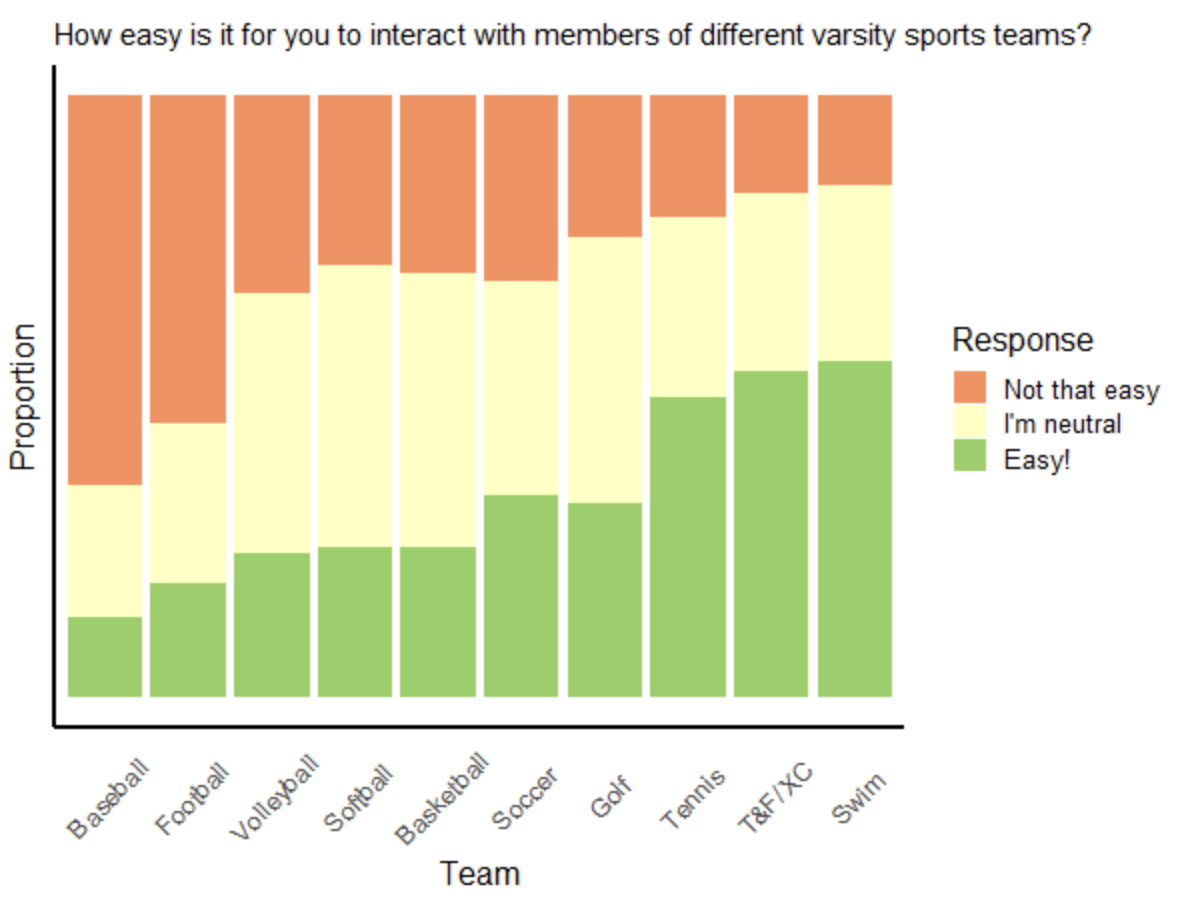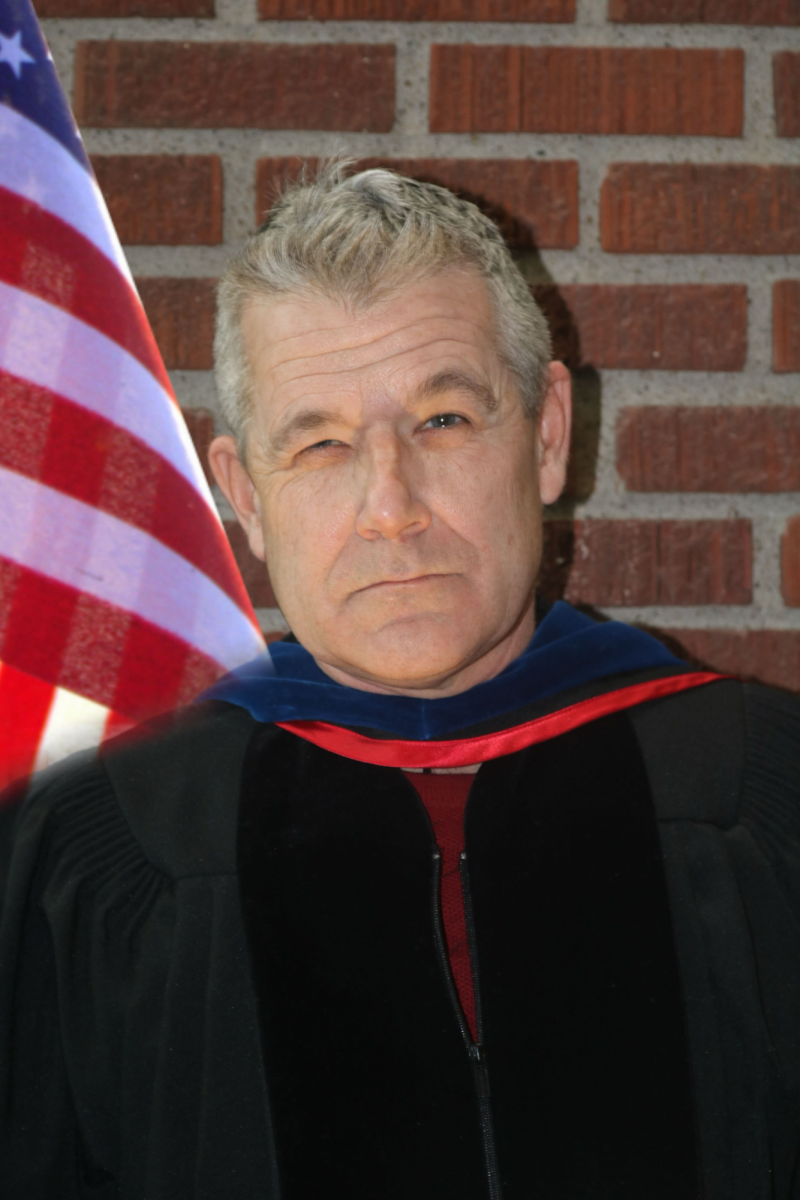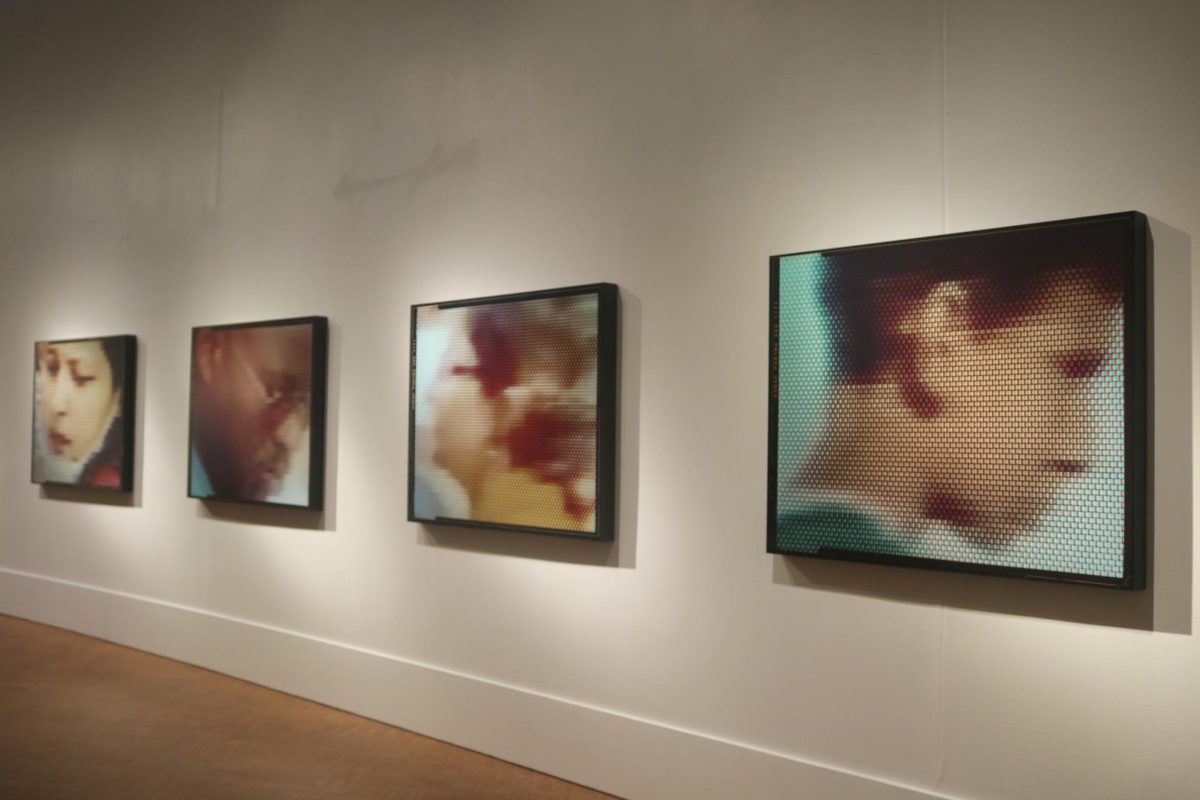Can you name a movie directed by a woman? After this weekend’s film festival in celebration of Gender and Women Studies’ 20th year at Grinnell, you’ll be able to name 11.
Today, at 4:30 p.m., the Grinnell Cultural Films Committee will begin the First Annual Grinnell Cinefest with a showing of the avant-garde film “Dreaming Rivers.” The film centers around the events involving the loved ones of a Caribbean woman after her death and is directed by Martine Attille.
Following the film will be a 20 to 30 minute forum put on by students in Professor Terri Geller’s Humanities 211 Film Analysis class. The students will answer audience questions as well as outline and analyze certain aspects of the film in order to create a better understanding of the film’s message.
“I decided to create a festival in relationship to my Humanities 211 because it gives students a chance to talk with audiences that aren’t necessarily taking film courses but want to talk about movies,” Geller said.
The Cinefest is a rehash of last year’s Mindfuck Film Festival, but the new name is here to stay, although the material will differ with each annual event.
“There will be different themes every year. Next year’s theme will most likely be films inspired by Maya Deren, the avant-garde film maker,” Geller said. “They won’t also be by women, but will still be challenging films.”
The films for this year’s festival were selected over the summer by Geller and her research assistant Courtney Sheehan ’11.
“We were very responsible to getting as much of a range of films by women,” Geller said. “We tried to cover a whole range of diverse issues such as sexuality, transgender, race, ethnicity, religion and disability.”
Of the films being shown, some were harder to obtain than others. Alex Phillips ’12, a student in the course, and his group had to wait until Tuesday to watch and prepare material for “Freak Orlando” directed by German filmmaker Ulrike Ottinge, as the reel made quite the trek on its imported path.
“We just got the film in today from Berlin,” Phillips said.
Anastasia Selemeneva, a Russian language assistant who will be speaking following the showing of “Khush,” is as excited about sharing the film knowledge she has acquired in Professor Geller’s class as she is about the festival’s theme.
“For me, being a Russian, it is important because in Russia feminism is not as respected as it is here in the United States and sexuality is not something that is talked about as widely as it is here,” Selemeneva said. “When I studied at university, we didn’t have any gender or women’s studies, or sexuality studies, so that is quite an experience, that is a change.”
After studying feminist film theory in Geller’s class, Selemeneva sees one major reason to watch female directed films.
“Women make films differently than men do,” Selemeneva said. “And what they do is worth is watching, is worth seeing, is worth analyzing.”
Beyond deriving a meaning, Geller hopes viewers will also be inspired by the accomplished artistic works of the female directors.
“I am trying to encourage more women, more women of color [and] more people who don’t see themselves on the screen, to realize that they can make movies and that there are people out there like them who are making movies,” Geller said.
Categories:
Cinefest celebrates gender studies
December 4, 2009
0
